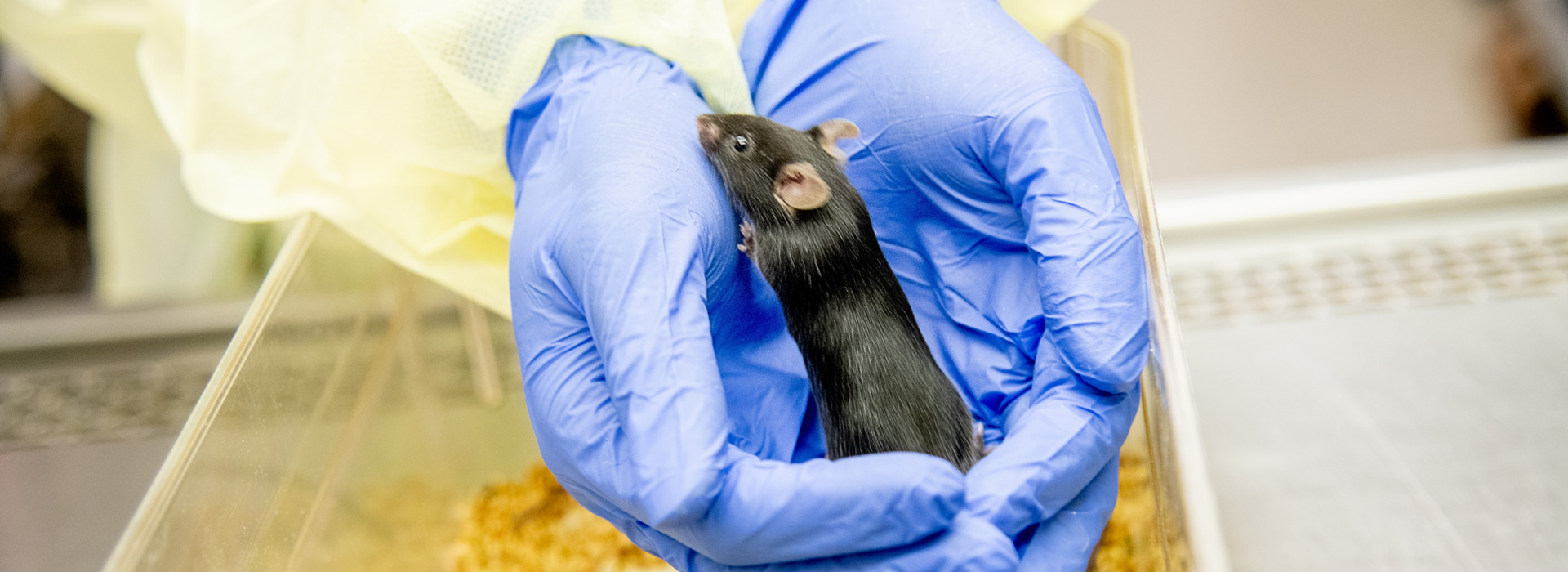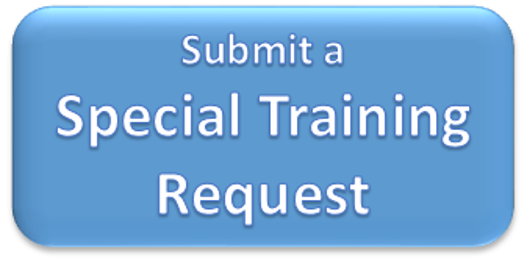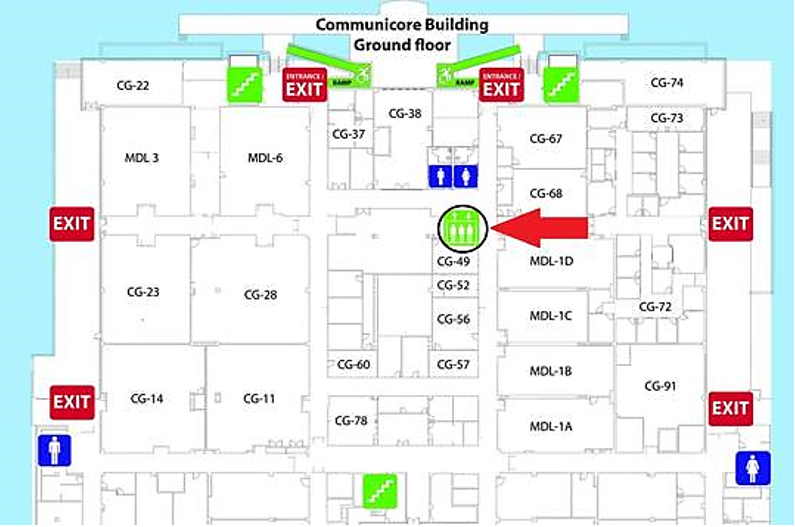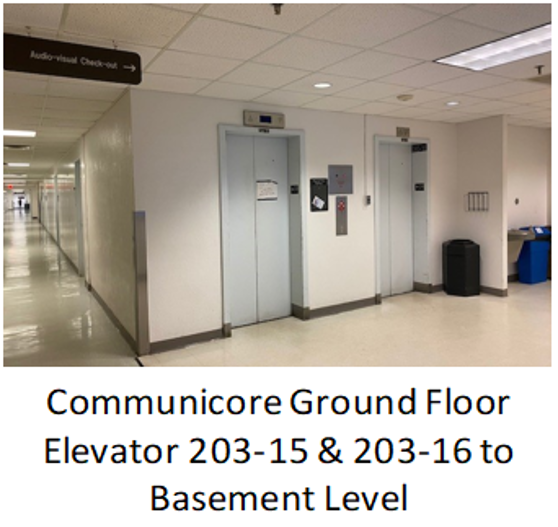- myACS
- Facility Access
- Animal Health & Welfare
- Services
- Training
- Investigator Resources
Training

UF provides a comprehensive training and education program essential to promoting the humane treatment, care and use of animals in our facilities. All investigative staff working with animals in research at UF are required to participate in regulatory training PRIOR to any handling or use of animals on their approved IACUC protocols. UF’s regulatory training ensures research is conducted by experienced and qualified personnel who will continue to maintain the highest animal welfare standards at all UF facilities. Additional IACUC Required Training can be found on the IACUC site.
The ACS-managed training courses below focus on a commitment to animal welfare, enhancement of essential technical skills, and promotion of the “three R’s” (reduce, refine and replace) for the advancement of biomedical research, teaching and training. Both online and in-person training opportunities are offered to all investigative staff at no charge.
NOTE: All Hands-on Wet Labs require enrollment in the Animal Contact Program before attending.
Online Courses & Hands-on Wet Labs:
| Course | Type | Additional Information | Prerequisite(s) | Syllabus |
|---|---|---|---|---|
| Mouse and Rat Biomethodology (ACS845) | Online | Required for all mouse and rat users. Covers basic mouse and rat biomethodology, restraint, injection, and blood collection techniques. This course is a prerequisite for the Mouse and Rat Hands-on Wet Labs. | None | |
| Beginner Mouse Biomethodology Wet Lab (ACS890) | Hands-on | Required for all new mouse users. This hands-on training covers a range of topics including rodent handling, restraining, and SQ injection technique. | Mouse and Rat Biomethodology (ACS845) | |
| Mouse Biomethodology Verification for Advanced Users Wet Lab (ACS892) | Hands-on | Alternate Requirement to verify training in mouse biomethodology and handling for participants that self-identify as having sufficient experience and training to demonstrate proper techniques. Sign up via Special Training Request. | Mouse and Rat Biomethodology (ACS845) | |
| Beginner Rat Biomethodology Wet Lab (ACS891) | Hands-on | Required for all rat users. This hands-on training covers a range of topics including rodent handling, restraining, and SQ injection technique. | Mouse and Rat Biomethodology (ACS845) | |
| Rat Biomethodology Verification for Advanced Users Wet Lab (ACS893) | Hands-on | Alternate Requirement to verify training in basic rat biomethodology and handling for participants that are self-identified as having sufficient experience/training to demonstrate proper techniques. Sign up via Special Training Request. | Mouse and Rat Biomethodology (ACS845) | |
| Rodent Survival Surgery (ACS865) | Online | Required for all research staff performing or assisting in rodent survival surgery. This course introduces survival surgery in non-USDA covered species. Covers anesthesia and monitoring, aseptic practices, wound closure methods and post-operative recovery and monitoring. | None | |
| Rodent Anesthesia and Monitoring Wet Lab (ACS885) | Hands-on | Highly Recommended - Covers anesthesia machine use, thermal support, anesthetic depth monitoring, induction, recovery, ACS and IACUC requirements, required surgical record keeping and more. Sign up via Special Training Request. | Mouse and Rat Biomethodology (ACS845) | |
| Rodent Aseptic Technique Wet Lab (ACS884) | Hands-on | Highly Recommended - Covers animal preparation, surgical gloving, draping, creating a sterile field, sterile surgical instrument packs, ACS and IACUC requirements, required surgical record keeping and more. Sign up via Special Training Request. | Mouse and Rat Biomethodology (& wet lab) Aseptic Technique (ACS840) | |
| Incision & Suture Wet Lab (ACS883) | Hands-on | Highly Recommended - Wet Lab for primary surgeons based on approved protocol. May include incision and suture technique, proper wound clip placement and removal, and/or proper use of suture glue. Sign up via Special Training Request. | Mouse and Rat Biomethodology (& wet lab) Aseptic Technique (ACS840) | |
| Survival Surgery Records Training (ACS870) | Online | Required for all lab members performing or assisting in survival surgery on rodents, non-USDA covered species, and USDA species. Covers creating, maintaining, and completing survival surgery records. The training also explains the importance of reviewing protocols and how to navigate protocol systems. | None | |
| BMS Irradiator Training (ACS862) | Online | Highly Recommended for research Staff requiring use of the BMS. Covers how to safely use the XRAD 350 located in the Biomedical Science Building (BMS) and the proper care of animals undergoing irradiation. | None. See the BMS X-ray Irradiator page for all requirements | |
| Working with Hazards in the Animal Facility (ACS864) | Online | Required (for new facility access submissions). Highly Recommended for all research staff. This online course provides learners with an overview of working with some of the hazards that are encountered in an ACS facility. The hazards covered include chemical hazards, nano hazards, and working in an ABSL-1i environment. | None |
NOTE: Training courses are free; however, if you do not show up for a wet lab, cancel within 24 business hours of a wet lab, or arrive more than 10 minutes after the wet lab start time, a cancelation fee of $100 will be billed to your lab’s protocol. If you cannot attend a wet lab you registered for email the ACS Training Team. *No-show/cancelation fees are NOT payable from Contract/Grant funding (funds 201 or 209).
Course Flow Guidelines:


Special Training Requests:
ACS provides custom, one on one training for advanced rodent techniques not covered in the previously mentioned courses. Please note, a mouse or rat biomethodology wet lab must be completed prior to attending any specialty training. A Special Training Request can be submitted for training on species other than mice and rats.
Training Resources for Investigative Staff:
Click here to view the ACS library of printable Rodent Training Technique PDFs.
FAQs:
1. What should I wear to Training?
- Close-toed shoes are required at all times in the vivarium. Students are encouraged to wear long pants and restrain long hair. ACS will provide all PPE needed for rodent handling.
2. Can I bring food or drinks into the laboratory?
- No. Food and drink are not allowed in the vivarium.
3. Can I take videos or photos of training?
- No. ACS does not allow photos or videos without prior approval.
4. How do I register for training classes?
- Registration for modules and wet labs occur in myTraining or through a Special Training Request. You can click the links in the table above or after logging into myTraining, click the search icon at the top right hand corner of the screen. Enter the ACS# or name of the class you would like to register for and the system will automatically populate matching courses. For wet labs that require a Special Training Request to sign up, please include the Wet Lab title you would like to register for in the “Training Requested” box.
5. Is there a fee for training classes?
- Training classes are offered by ACS at no cost.
- Training courses are free; however, if you do not show up for a wet lab, cancel within 24 business hours of a wet lab, or arrive more than 10 minutes after the wet lab start time, a cancelation fee of $100 will be billed to your lab’s protocol. If you cannot attend a wet lab you registered for email the ACS Training Team. *No-show/cancelation fees are NOT payable from Contract/Grant funding (funds 201 or 209).
6. What should I do if I am unable to attend a wet lab I have registered for?
- You will need to cancel your class through myTraining. If you are trying to cancel a class with less than 48hour of its start time, please email the training team at acstrainingcore@acs.ufl.edu.
7. Where do I go for hands-on training?
8. What should I do when I arrive at the Communicore basement?
- Once you arrive, please wait in the elevator lobby outside the facility for the training team to meet you. Please do not enter the facility; all students will be met by a trainer in the elevator lobby. If you are unfamiliar with the Communicore building, we recommend locating the lobby prior to your scheduled class. If you have trouble finding us, please call the ACS training office at (352) 273-7667 for assistance.
If you have any questions or need assistance please contact the ACS Training Team:
- Email: acstrainingcore@acs.ufl.edu
- Phone: (352) 273-7667




